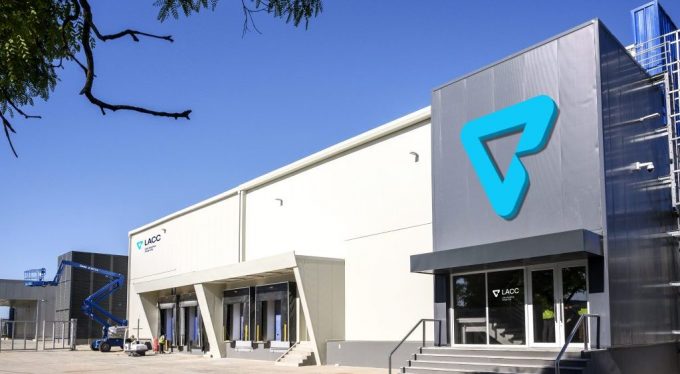Montevideo airport broadens its logistics range as free zone goes multimodal
Covid put a dent in aviation growth at Montevideo’s Carrasco International Airport, but it has ...

Latin America Cargo City (LACC), at Montevideo Carrasco International Airport, is set to ramp up its pharmaceuticals handling capability.
A new facility, the airport’s third, is slated to come onstream in the first quarter of next year, adding 500 pallet positions.
The airport operator burnished its credentials in the healthcare and pharma logistics arena during the pandemic, playing a central role in the distribution of Covid vaccine throughout Uruguay.
Under the Gateway Access Point concept, vaccines were stored, prepared and delivered from the airport ...
Volcanic disruption at Anchorage could hit transpacific airfreight operations
Macron calls for ‘suspension’ – CMA CGM's $20bn US investment in doubt
Forwarders stay cool as US 'liberation day' tariffs threaten 'global trade war'
De minimis exemption on shipments from China to the US will end in May
Shippers snap up airfreight capacity to US ahead of tariff deadline
Tighter EU import requirements proving 'a challenge' for forwarders
Looming Trump tariffs will create 'a bureaucratic monster' for Customs

Comment on this article